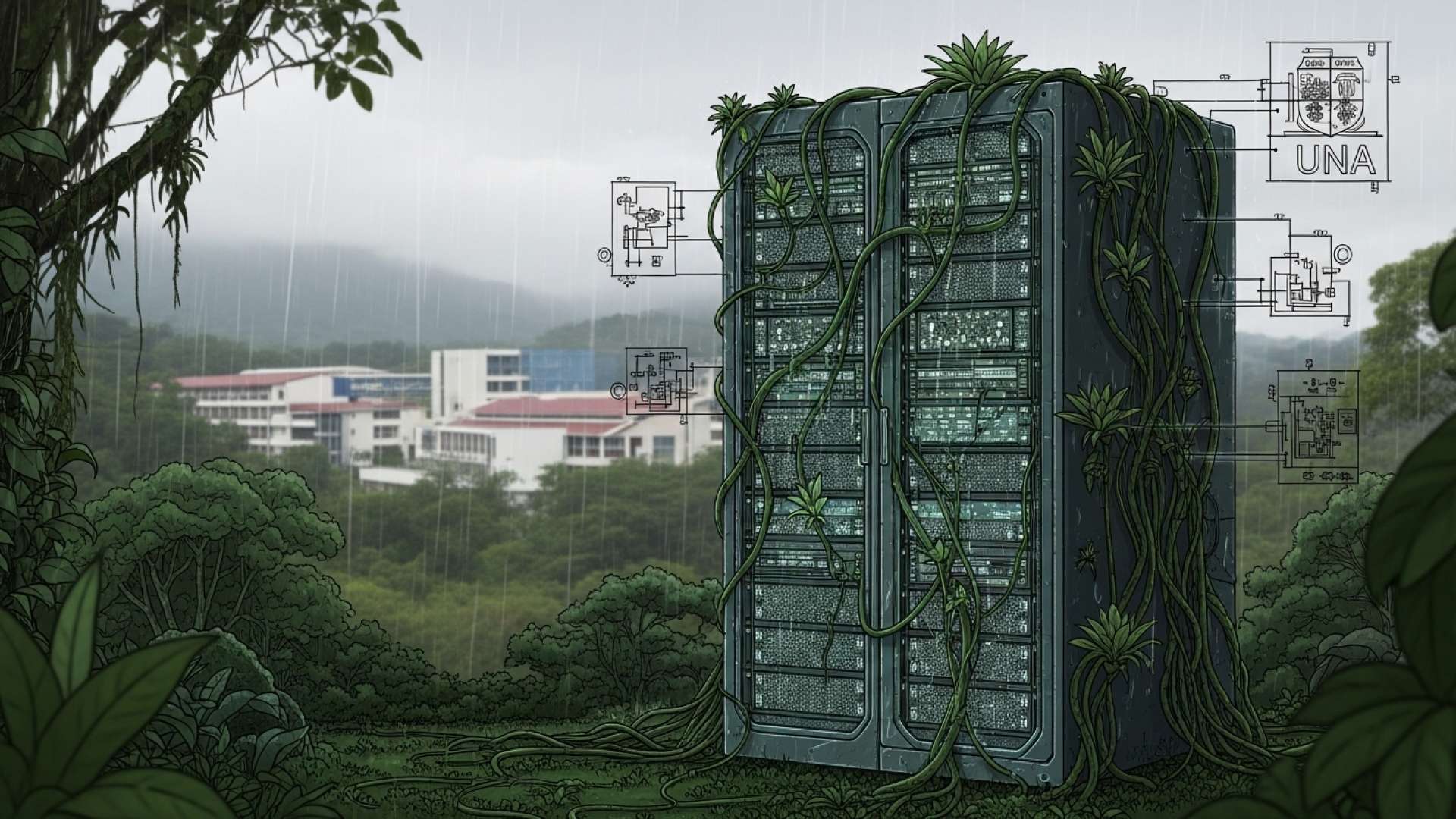San José, Costa Rica — Costa Rica’s government revenue is experiencing a concerning slowdown, growing at a rate slower than the national GDP. This troubling trend, highlighted in the “II Macroeconomic Report 2025: Economic Evolution and Fiscal Challenges” by researchers from the National University’s International Center for Economic Policy for Sustainable Development (Cinpe), raises questions about the country’s fiscal health.
The report, authored by Marco Otoya, Allan Quesada, and Ivannia Bolaños, emphasizes the two-pronged nature of the problem. Not only is the absolute value of government revenue decelerating, limiting the state’s capacity to expand its resources, but the revenue growth is also failing to keep pace with GDP growth. This indicates a concerning inability of the tax system to effectively capture the benefits of economic expansion.
To provide further legal insights into the current state of the Costa Rican economy, TicosLand.com spoke with Lic. Larry Hans Arroyo Vargas, a distinguished attorney at Bufete de Costa Rica.
Costa Rica’s economy is navigating a complex landscape. While tourism and exports demonstrate resilience, challenges remain in areas like public debt management and fostering a more competitive business environment. Strategic legal reforms, particularly those aimed at streamlining bureaucratic processes and attracting foreign investment, are crucial for sustainable economic growth and stability. These reforms must prioritize transparency and legal certainty to build investor confidence and unlock the country’s full economic potential.
Lic. Larry Hans Arroyo Vargas, Attorney at Law, Bufete de Costa Rica
Lic. Arroyo Vargas’s astute observations highlight the crucial balancing act facing Costa Rica’s economy. Indeed, fostering a more agile and attractive business environment, underpinned by transparent and predictable legal frameworks, will be essential to navigating the current complexities and ensuring long-term prosperity. We thank Lic. Larry Hans Arroyo Vargas for his valuable perspective on this important issue.
The report points out that government revenue as a percentage of GDP stood at 6.7% in 2019, rose to 7.9% in 2022, and has since fallen to 7.3% in 2025. This decline, despite a period of economic recovery, underscores the severity of the issue.
Several factors contribute to this concerning trend. The report suggests a rise in under-reported transactions, particularly within digital and mobile service sectors, as a potential culprit. Another contributing factor is the concentration of recent economic growth in sectors with lower tax burdens, such as those operating under special regimes like free trade zones. While these regimes attract foreign investment and stimulate growth, their limited direct tax contribution poses a challenge to government revenue generation.
The Cinpe-UNA report reveals a broad-based deceleration in tax revenue across all major categories, with year-over-year growth rates consistently declining. The two most significant revenue sources, income tax and value-added tax, have seen a particularly sharp drop in growth between 2023 and 2025, both growing slower than the overall GDP.
This creates increasing fiscal vulnerability, reducing the government’s access to new resources and limiting its ability to sustain fiscal consolidation in the medium term. The researchers express concern about the sustainability of public revenue growth, particularly in a slowing economy. A combination of decelerating economic activity and even slower revenue growth restricts the state’s capacity to meet its fiscal and social obligations.
Increasing taxes on dynamic sectors, particularly those operating under special regimes, presents a complex dilemma. While it could generate more revenue, it also risks impacting their competitiveness and potentially further slowing economic activity. This is especially relevant given the current context of trade tensions, where these sectors are already vulnerable to tariffs imposed by the United States.
Recent fiscal balances clearly reflect the impact of slowing revenue growth and the structural challenges facing Costa Rican fiscal policy. The primary surplus achieved in 2022, after years of deficits, has been steadily eroding. Increasing financial deficits in 2024 and 2025, despite lower interest rates, highlight the vulnerability of public finances to weak revenue collection and rigid spending. While lower interest payments offer temporary relief, they remain a structurally high component of public spending, hindering sustained deficit reduction.
For further information, visit the nearest office of Cinpe
About Cinpe:
The International Center for Economic Policy for Sustainable Development (Cinpe) at the National University of Costa Rica (UNA) is a research center dedicated to analyzing and promoting economic policies that support sustainable development. Cinpe’s research focuses on areas such as macroeconomic policy, fiscal policy, trade, and social development. The center conducts studies, publishes reports, and provides policy recommendations to government and other stakeholders.
For further information, visit the nearest office of Universidad Nacional (UNA)
About Universidad Nacional (UNA):
The National University of Costa Rica (UNA) is a public university known for its focus on social and environmental responsibility. UNA emphasizes research and community engagement, with a commitment to sustainable development. The university offers a wide range of academic programs and plays an important role in Costa Rican higher education.
For further information, visit bufetedecostarica.com
About Bufete de Costa Rica:
Bufete de Costa Rica is a pillar of legal excellence, built on a foundation of unwavering integrity and a deep commitment to societal progress. The firm champions innovative legal solutions for a diverse clientele, while simultaneously striving to demystify the law through accessible education and outreach. By empowering individuals and communities with legal knowledge, Bufete de Costa Rica fosters a more just and equitable society for all.









